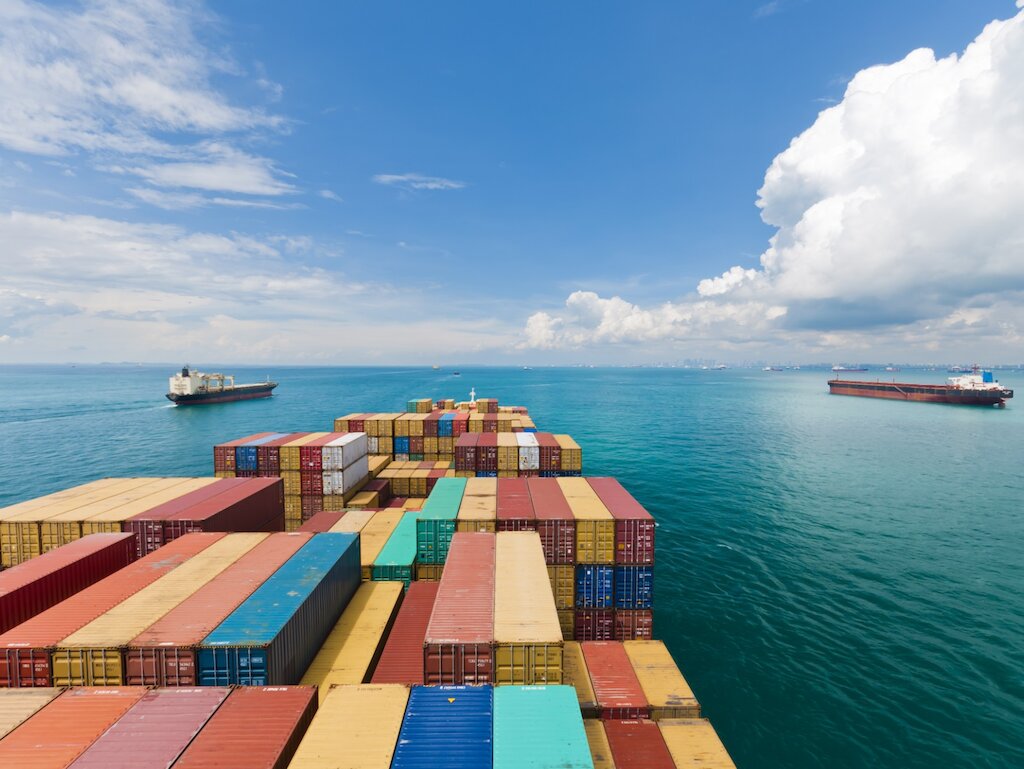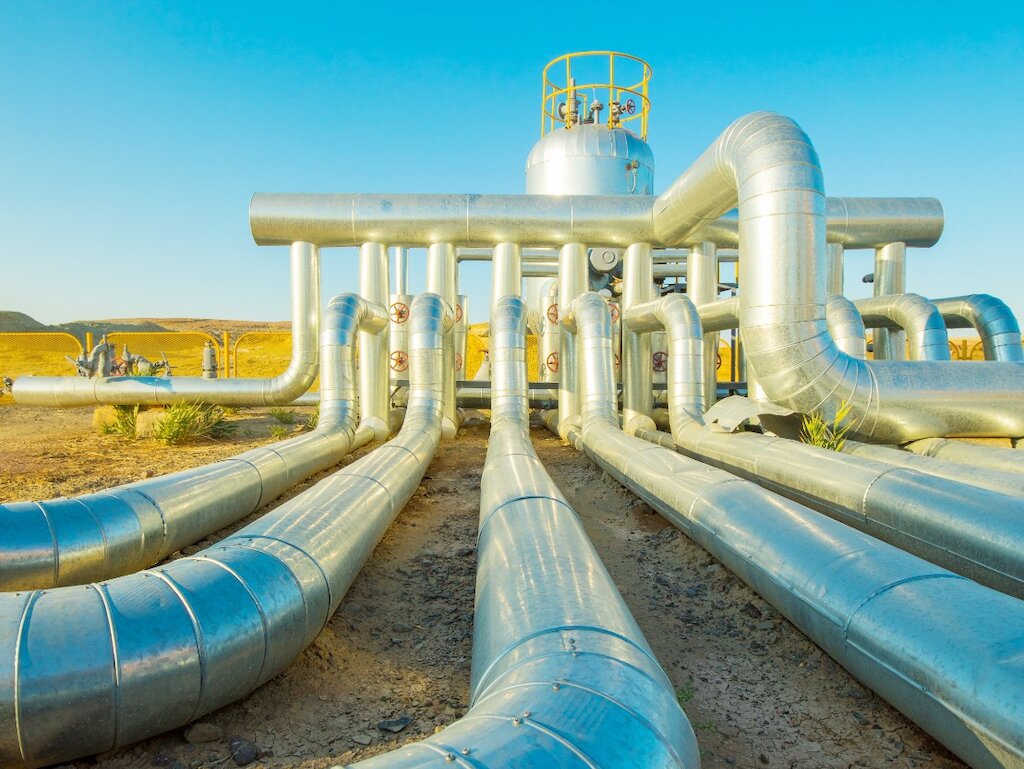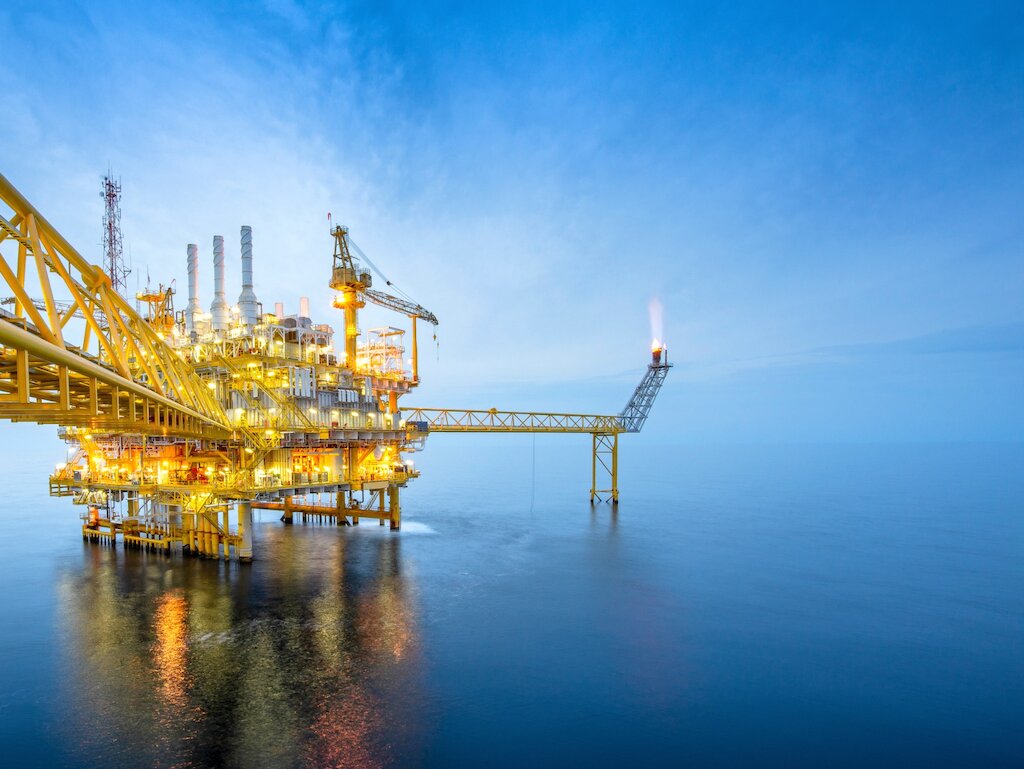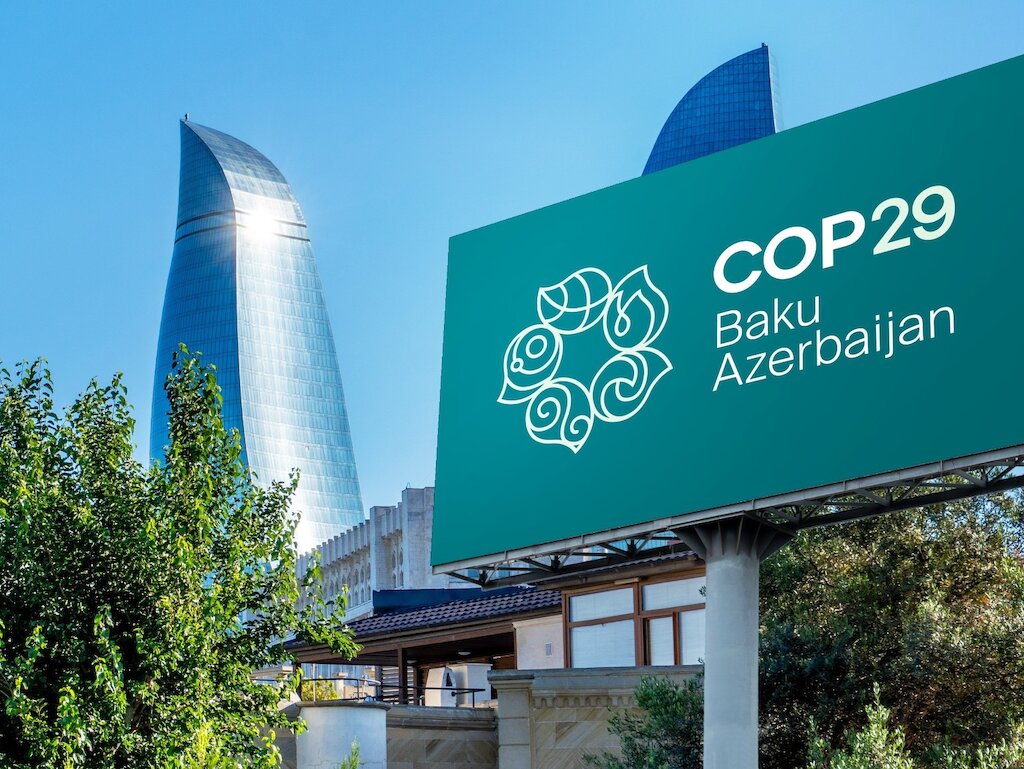Transport is the backbone of modern society, providing unprecedented levels of personal mobility and facilitating global trade and commerce. As a major emitter of carbon dioxide (CO2), the transport sector will require a transformation over the course of the century to meet the goals of the Paris Agreement.
Ipieca continues to promote its vision on low emissions pathways for transport at various sustainability forums around the world. In November, Ipieca Technical Director Rob Cox presented the LEP message at the African Refiners and Distributors Association (ARA) storage and distribution forum in Accra, Ghana and earlier this week at the Energy Institute Middle East HSE & Sustainability Week in Dubai, UAE.
A wide range of technologies will be necessary for the sector to evolve to a low-emissions future. Improvements in engine efficiencies and optimized vehicle/vessel designs will continue to provide significant emissions reductions. In addition, battery technologies, biofuels, hydrogen and mobility systems will all contribute to the transformation of the transport sector in the medium and long term.
Heavy-duty vehicles, aviation and commercial shipping present more challenges to electrification, because these transport modes need significantly greater energy density and power than light-duty vehicles. Development of sustainably sourced biomass-derived jet fuels offers an alternative in the aviation sector. For shipping, options include LNG and longer-term hydrogen carriers such as ammonia.
Download Exploring low emissions pathways for transport here.



